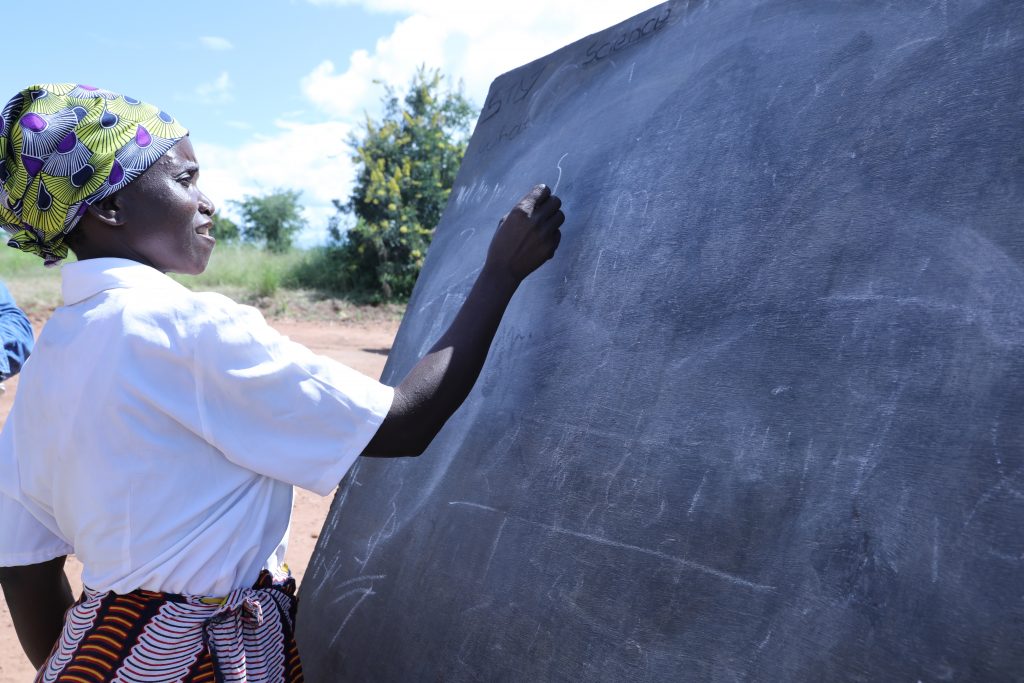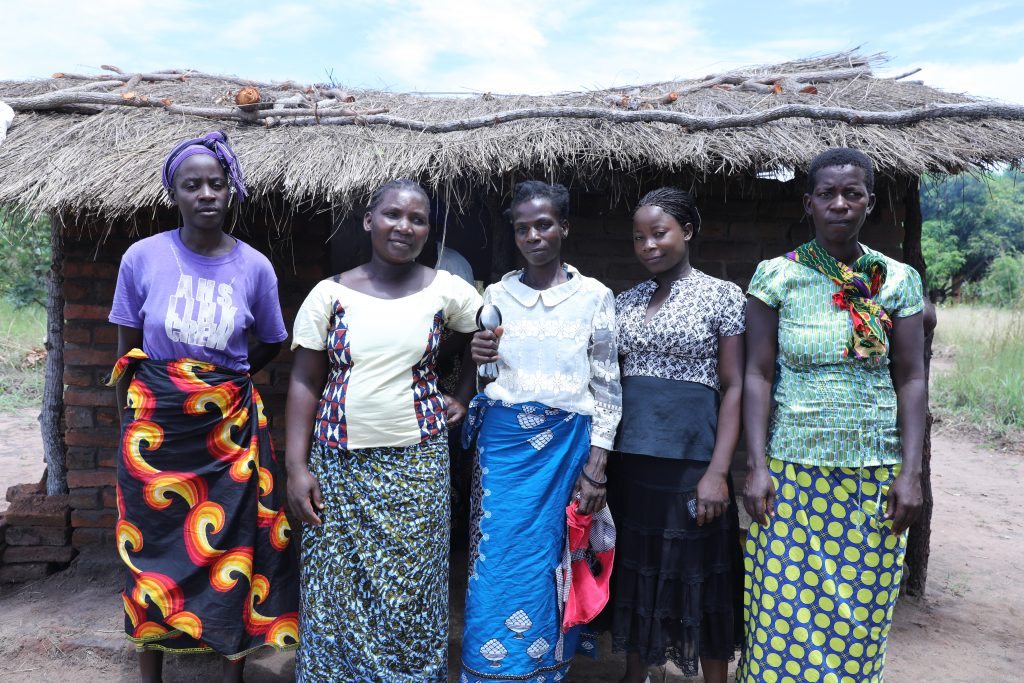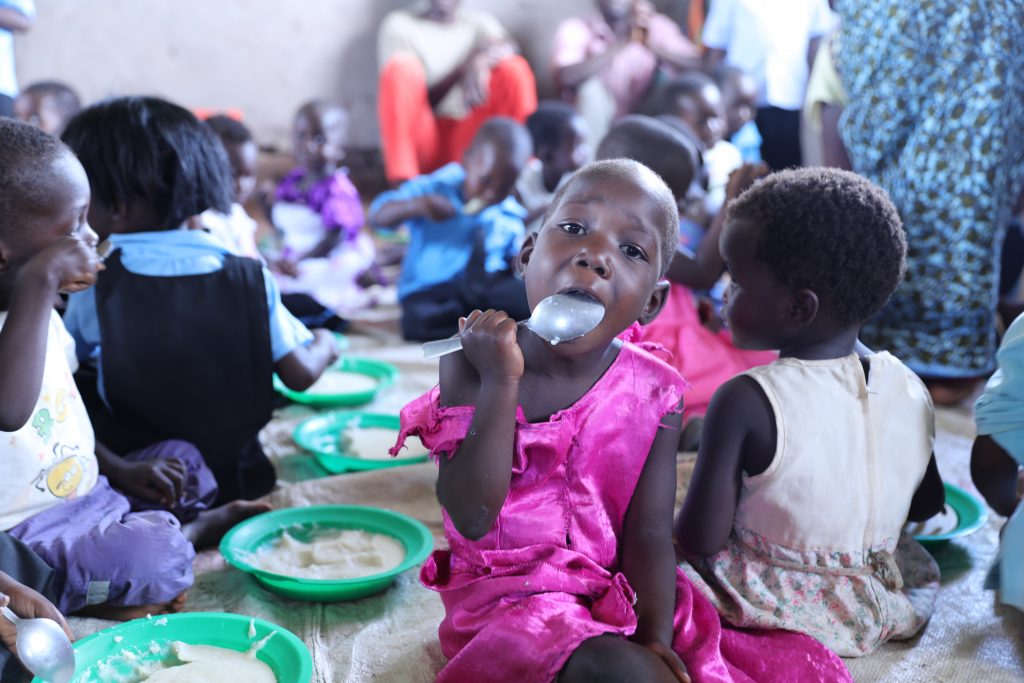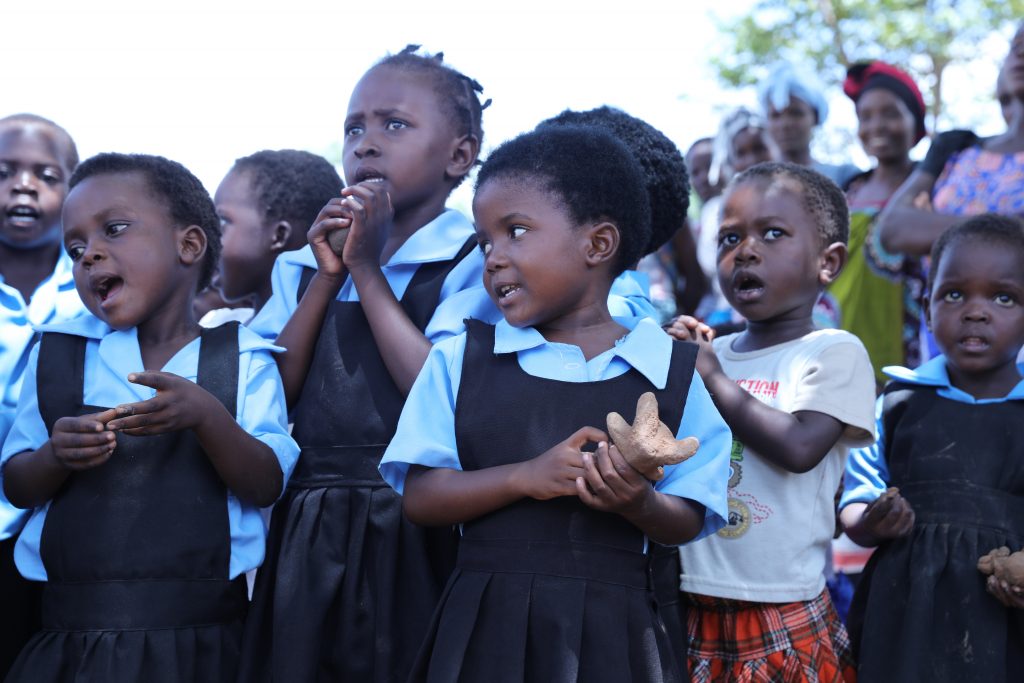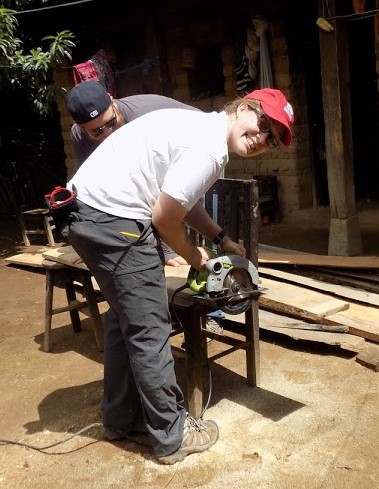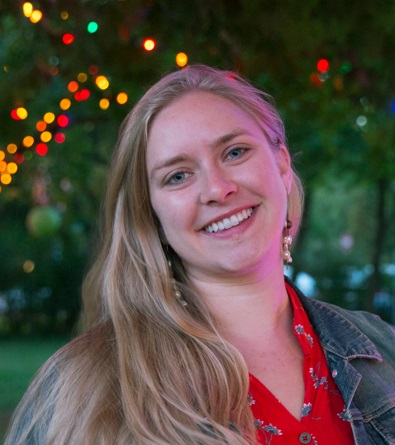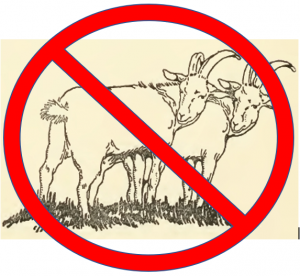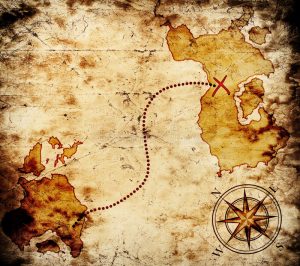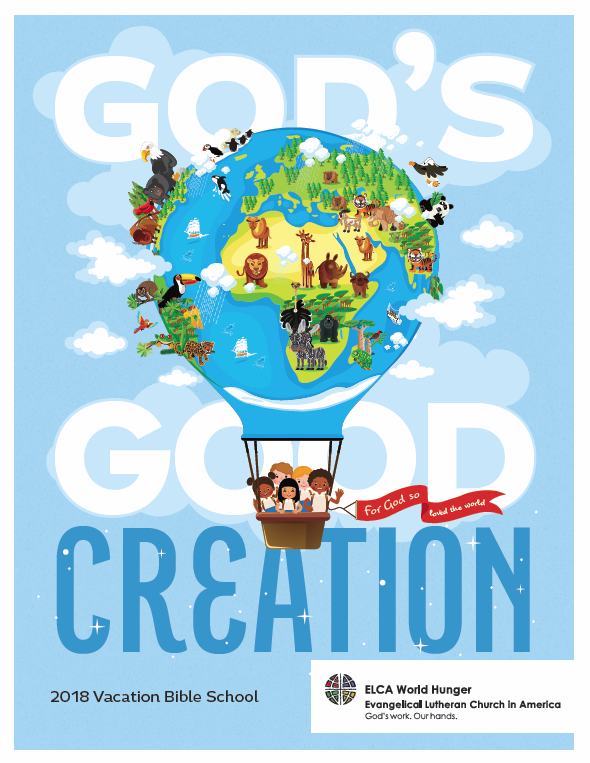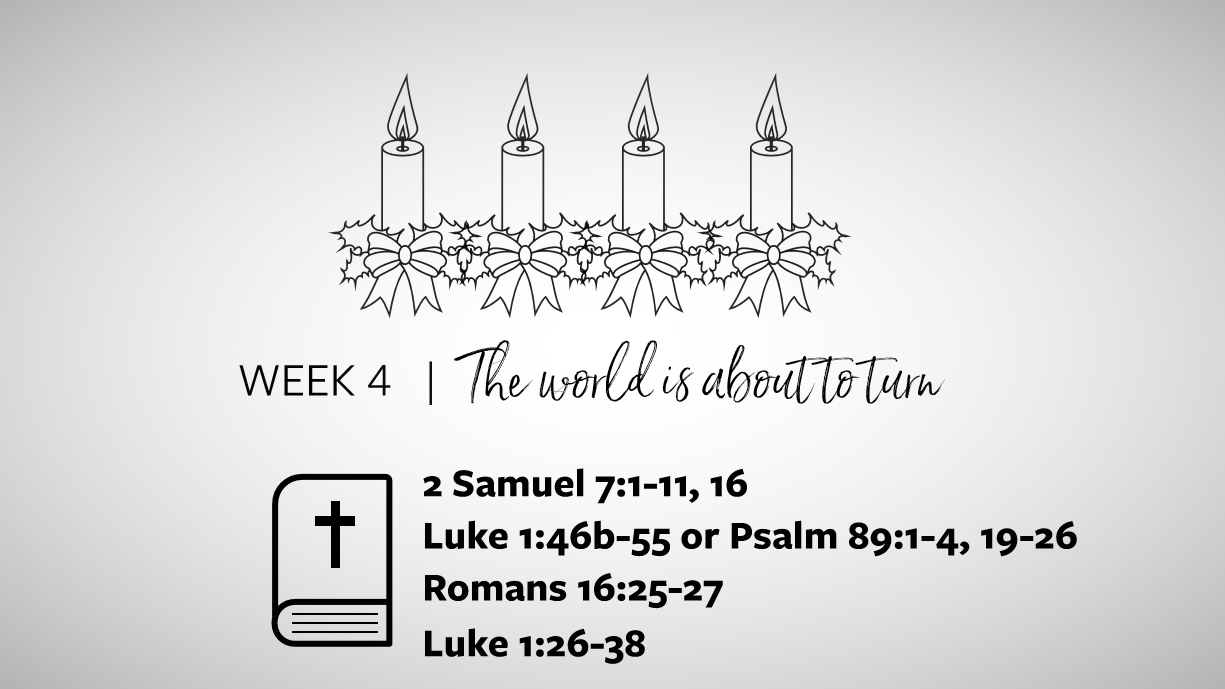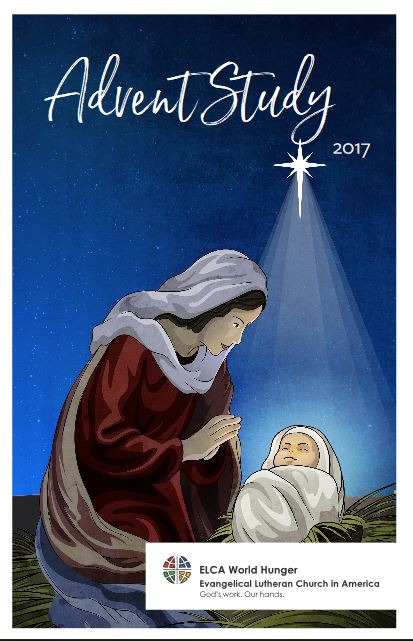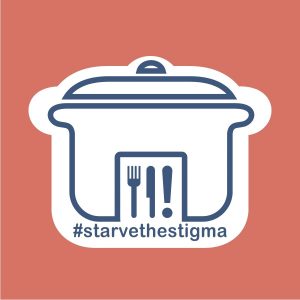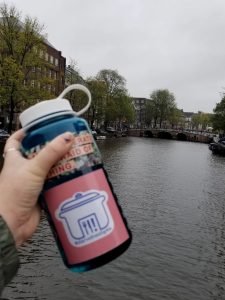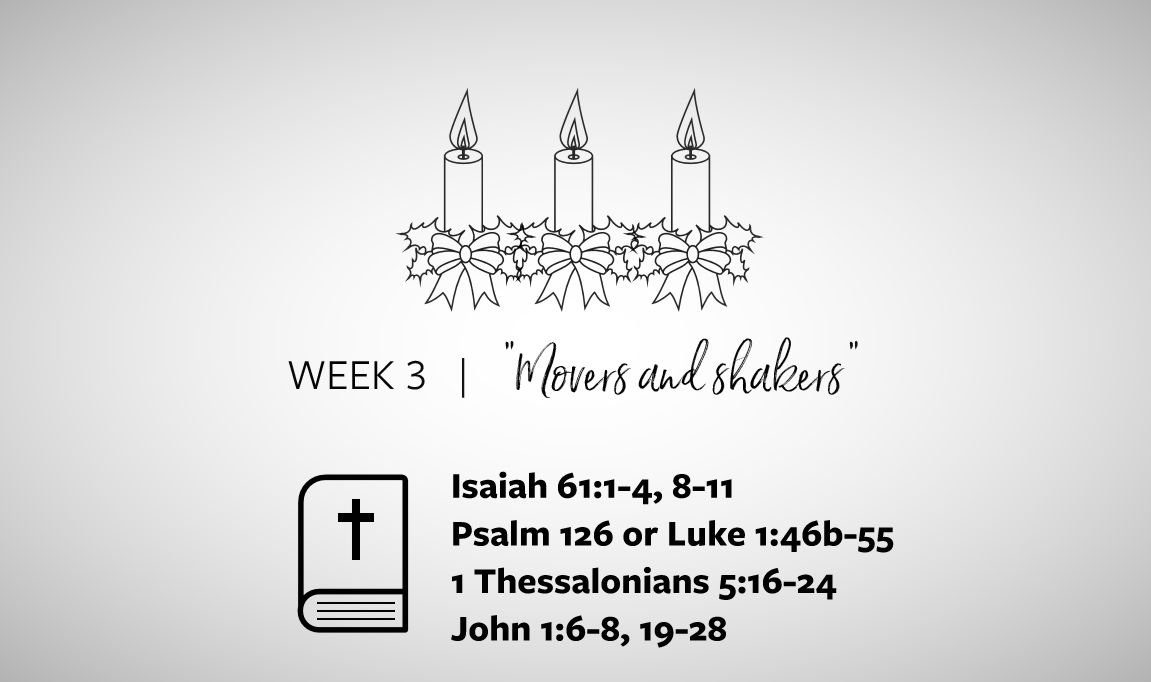In March 2018, the 62nd session of the United Nations Commission on the Status of Women (CSW62) brought together leaders from around the world. Established in 1946, the CSW is the principal international intergovernmental body dedicated to gender equality and the empowerment of women. The annual session is the largest UN gathering each year. This year, CSW62 focused on rural women and, specifically, two themes:
Priority Theme: Challenges and opportunities in achieving gender equality and the empowerment of rural women and girls; and
Review Theme: Participation in and access of women to the media, and information and communications technologies and their impact on and use as an instrument for the advancement and empowerment of women (agreed conclusions of the forty-seventh session).
Below, guest writer Angela Marie Dejene, president of Dejene Communications, reflects on these themes, her time at CSW62, and the critical importance of narrative – “truth told well.”
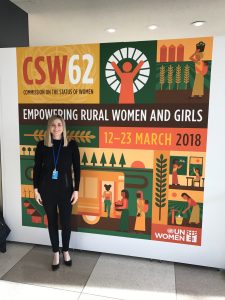
Even in the United States in 2018, women still face very different challenges and live very different lives than men.
But the stories the media has told, until very recently, have rarely reflected those female narratives and the daily inequalities with which they struggle.
I am the granddaughter of South Dakota farmers, and I grew up on the prairie in Crookston, Minnesota – a farm town of fewer than 8,000 people in the far-away northwest corner of the state.
You knew you were getting close to reaching the edge of town when you started to smell the odor of rotten eggs from the sugar beet plant.
Health complaints from local mothers were ignored – it was and still is a mostly male world in the sugar beet plant and in the fields … and only the local land-grant university had a greater impact on the local economy.
The local newspaper, the Crookston Times, reflected the male-dominated agricultural industry mostly when I was young – and still does today. The front page story last Wednesday featured a meeting of the Mid-Valley Grain cooperative and showed a group shot of male-farmer members.
My grandmother held up “half the sky” on that remote South Dakota farm where my mother grew up and where I spent wonderful summers as a young girl. But where is that female narrative if I don’t find it … if I don’t tell it?
Without truth-telling narratives, there is rarely progress.
Progress for women in rural northwestern Minnesota remains bleak today:
- According to the US Census Bureau, fewer than 1 in 4 (23%) of residents there, in Crookston, Minnesota, have a bachelor’s degree or higher.
- Full-time male employees make 1.34 times more than female employees in Crookston.
- According to the Minnesota Department of Health, in isolated rural areas of northern Minnesota (the greater region surrounding Crookston) there is only 1 physician for every 3,191 people.
- Only 4 percent of the state’s physicians are located in the northwest counties of the state, the most rural part of the state.
- About 1 in 5 people still live below the poverty line and the largest demographic living in poverty are females ages 18-24.
But you have to dig deep for that statistic and deeper still for the story behind it. Without narratives, there is no progress.
I was raised by a single mother who worked full-time as a university professor. Still, she had to struggle to make ends meet. I remember going to the local grocery store, HUGOS, on Saturday mornings with my mom and brother, and with my mother’s purse-sized calculator in hand, we would add up the prices of each item we put into the cart. She needed to make sure she had enough in her bank account to get us fed until she got paid the following week.
I always did well in school, and fortunately, those grades and perhaps a compelling narrative in my applications helped me qualify for academic-based scholarships when I started applying for college. With the generous help of those scholarships, I enrolled in Augustana University, an extraordinary liberal arts university affiliated with my Lutheran faith, located in Sioux Falls, South Dakota. At Augustana, I double-majored in journalism and government/international affairs and served as an editor for the school newspaper.
I’ve always had a passion for uncovering and telling true stories. When women are in charge of the narrative, policies change, communities are empowered and the lives of women and girls are transformed. I started my career as an unpaid lobbying intern in Washington, DC, advocating for health care policies that would improve the lives of women and children. I spent most of my time on Capitol Hill finding and sharing the true stories of how the U.S. healthcare system at the time was failing women, families and children.
These were stories that reported on real families, some forced into bankruptcy because a mother, a wife, or a sister was diagnosed with breast cancer and their health insurance policy had a “lifetime limit” on how much of the treatment would be covered.
These were stories of real families who relied on the Children’s Health Insurance Program for their children’s critical visits to the doctor to manage a chronic condition like asthma or Type 1 diabetes.
These were stories of real high school girls who were experiencing teen dating violence but had nowhere to turn because the local legal system had failed them.
The re-authorization of the Violence Against Women Act was signed into law on March 7, 2013. The new law made targeted expansions to address the needs of especially vulnerable populations and help prevent violence in future generations.
The Affordable Care Act was signed into law on March 23, 2010, giving millions of families new-found hope and access to affordable, high-quality health care.
Narratives – truths told well – were the empowering difference.
Stories of horror and struggle.
Stories of compassion and empowerment.
Stories of survival and success.
If we strive to find and to communicate, if we work to broadcast the truth about women from and to even the most remote of places – we fuel and ignite progress everywhere.
Narrative – truth told well – by women and about women – can advance and empower the lives of all who live on this planet.
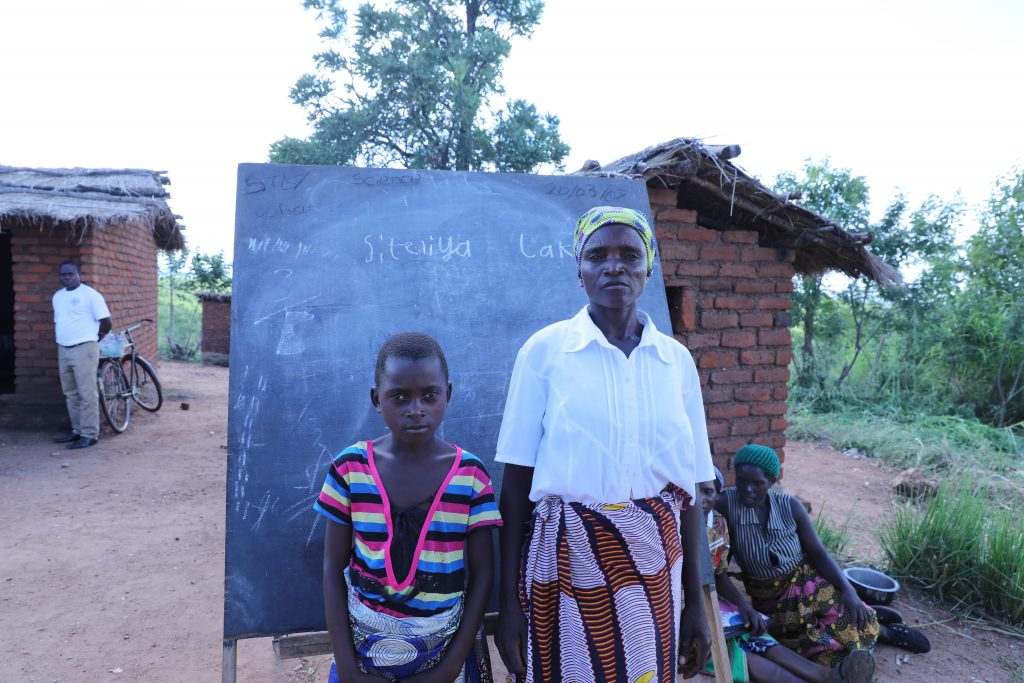 Siteliya Lakisoni knows her name.
Siteliya Lakisoni knows her name.
